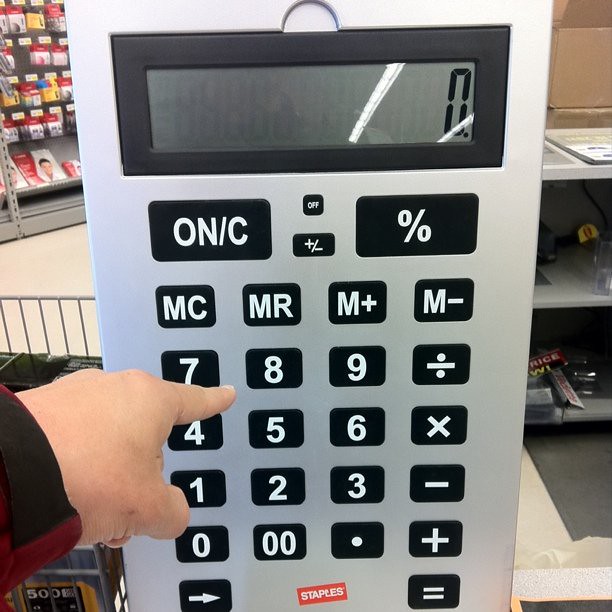Focus Question:
What are differentiated instruction (DI) and universal design for learning
(UDL)?
Differentiated
instruction is an instructional approach that gives students “multiple
options for taking in information and making sense of ideas”
Teaching with DI allows teachers to meet the specific
needs of students and achieve their maximum interest. I experienced this with an English teacher of
mine who would allow writing assignments to be done in different formats such
as essay, poetry, PowerPoint presentations and comparison journals. My favorite, at the time, was writing poetry,
and my final product was more impressive to my teacher and classmates because I
cared about what I was doing because it was fun.
Universal design
for learning is the application of
universal design principles to educational settings. UDL applies recent
advances in the understanding of how the brain processes information to the
design of curriculum that can accommodate broad student needs.
An example of Universal Design would be a ramp that makes
a building wheelchair accessible, yet at the same time it also makes the
transition easier on walkers and people loading things into a building.
An example of UDL would be PowerPoint’s used for hearing
impaired students can double as reinforcement for “normal” students.
Tech Tool 10.1
Extra-Large and Online Calculators
The Martin
Dale Center website was extremely hard to navigate, and hardly seemed to
have any organizational purpose.
Clicking through the website I was never sure where it was going to lead
me to. Chinese grammar, genome of the honeybee, and Nautical Archaeology are
some topics that this site led me to.
Regardless, the point of the tech tool is to point out
the usefulness of over-sized calculators. Which I agree, is a great assistive technology
tool for those who are visually impaired or have motor skill problems. I do not believe that over-sized calculators
stimulate conversations about what the word calculate means. Calculators have a practical use but should
not be overused.
 |
| By CanadaPenguin on FlickrOkay so this is a hilariously large store display calculator, I don't think calculators get any bigger than this! |
Reflection:
Differentiated instruction is important, but I also think
it’s important to expose all students to multiple ways of doing things.
However, I do not believe that Universal Design for Learning is necessarily a
good thing. The accommodations made for students with 504’s are not automatically
what is best for regular students.
Calculators are a wonderful technology. They have allowed us to progress in
unimaginable ways just like computers.
However, it is vitally important for students to grasp the manual
concepts of math. They need to be able
to critically think about math and not just punch in numbers. Calculators can be a great tool for checking
your work, or speeding along upper level math. It has no place as a frequently used tool in
math. It is a “sometimes” tool not an “always”
tool.
Speech recognition software and text reading software are
tools that have helped the visually impaired people of this world out tremendously. Once again, this is a “sometimes” tool for
regular students. It should not
supplement their manual writing and reading practices. “Too much of a good thing” is absolutely true
when it comes to technology and students in some cases.
I can see the advantages and disadvantages of storybooks
in a classroom. I believe the best way
to use this tool would be to go over a reading section, check for comprehension,
and then use a storybook to reinforce the information learned. Teachers who use storybooks as the only
source of information on any given topic are greatly putting their students at
a disadvantage.
All of these tools can be utilized in any classroom, and
the technology is welcomed. As a teacher
I’ll need to recognize when these tools are doing harm versus good. I believe some teachers have crossed the line
where their students become dependent on these tools where that need shouldn't be there.
1 comment:
Love the calculator photo! :)
One trend I read in your post (and would agree with!) is that tools should not be relied on for everything. Yes, the calculator is a good and useful tool, but it is also good to have an understanding of how/why that tool works. I would say that is true for most tools, but I do think if we use tools responsibly, it is ok to use them often.
Post a Comment